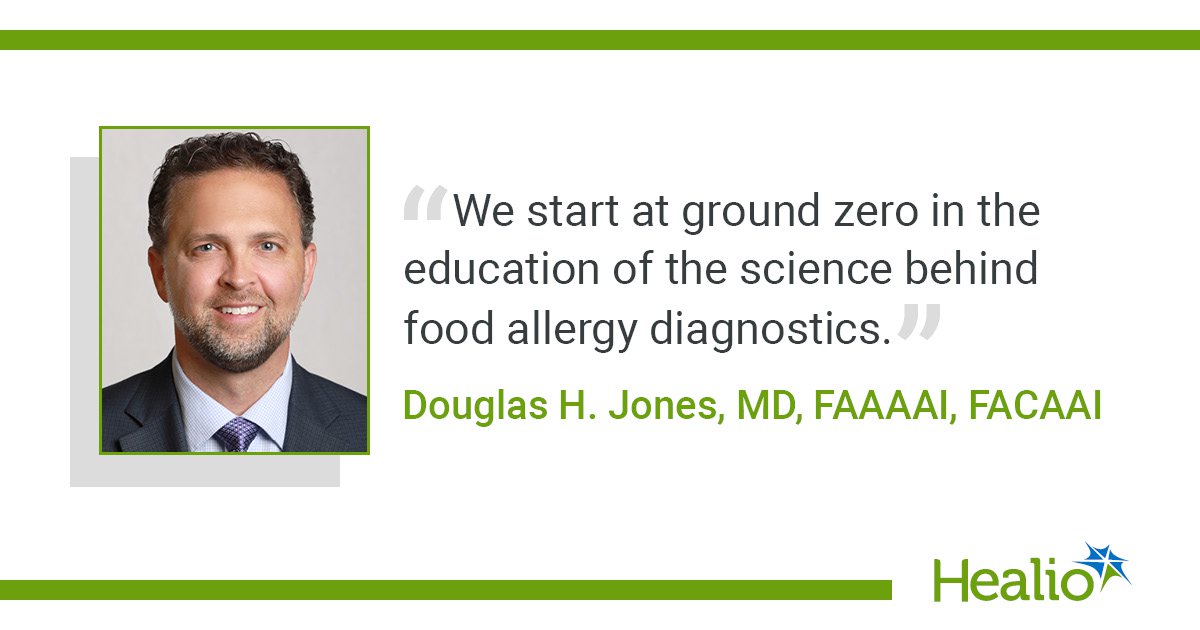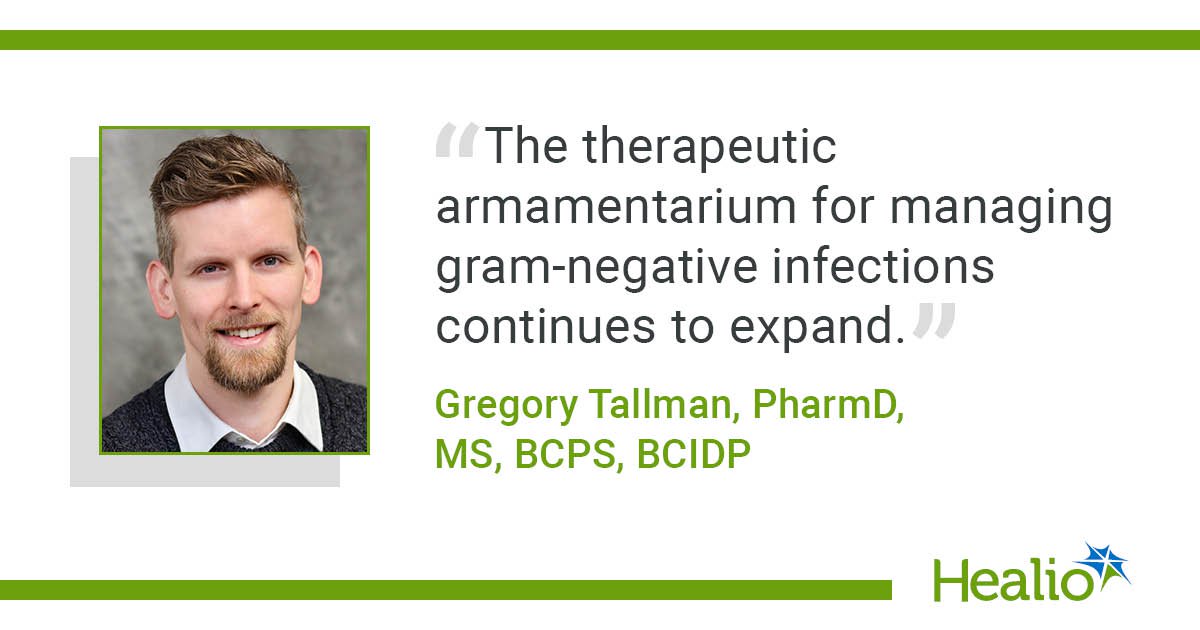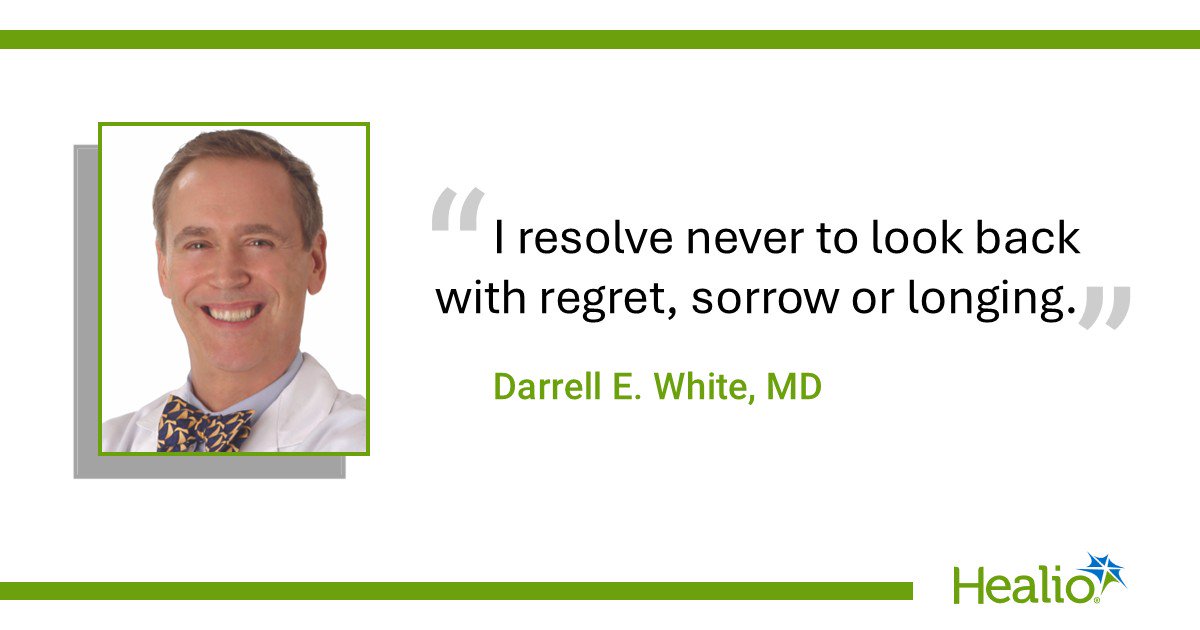[ad_1]
October 07, 2025
3 min read
Key takeaways:
- New treatments enable a shift from passive to active approaches to care.
- Allergists drive Food Allergy Support Team conference curricula.
- Patients with non-IgE-mediated food allergies have been underserved.
As treatment continues to evolve, the Food Allergy Support Team provides resources and education so clinicians can keep up.
“The Food Allergy Support Team is a 501c3 nonprofit organization,” Douglas H. Jones, MD, FAAAAI, FACAAI, president and cofounder, told Healio.

“We’re dedicated to education and treatment,” he continued. “We want to help establish best standards of care, diagnostics and therapeutics for food allergy.”
After launching 9 years ago, FAST has conducted annual conferences.
“We come together as allergists, and we often say we’re allergists for allergists, because it’s 100% run by us,” Jones said. “We don’t have any industry or board or anything like that because we want to make sure we have our own agenda.”
During its latest conference, held in Dallas in June, the program included multiple sessions on oral and sublingual immunotherapy as well as biologics such as omalizumab (Xolair; Genentech, Novartis).
“It’s gone from managing food allergy with a passive approach to an active approach,” Jones said. “Our focus this year was really understanding the nuance of each of the treatments, finding the right treatment at the right time, and really being able to individualize our care to the patient.”
The big challenge in expanding the use of these treatments is overcoming myths about safety and effectiveness that surround them, Jones said, and helping clinicians feel more comfortable about implementing them in their practices.
“We start at ground zero in the education of the science behind food allergy diagnostics,” Jones said. “We go through protocols and all the challenges that are there.”
Jones noted that people have become more comfortable with omalizumab since its 2024 approval for food allergy.
“The big challenge is just patients and providers understanding what omalizumab is and what it is not,” he said. “They still have to avoid their potential threatening food. This is not something they can take and then go out and eat whatever they want.”
Like some practitioners, Jones said that he has used omalizumab in conjunction with oral immunotherapy.
“That’s off the FDA label, but there are some great clinical trials,” he said, adding that understanding the FDA’s approval is important.
“It does not change the immune system, so people are not becoming less allergic, like we can achieve with oral immunotherapy or sublingual immunotherapy,” he said.
These new therapies come with new paperwork as well as scheduling and staffing, Jones continued, which FAST also covers at its conferences.
“It creates some challenges for their staff when somebody starts offering this practice,” he said.
These treatments begin by defining their goals, Jones said. And if practices need help reaching those goals, FAST is available.
“They don’t have to reinvent the wheel. There are resources and help out there,” he said.
FAST’s website includes educational materials for patients and clinicians about the basics of food allergy, diagnosis and treatment, as well as links to other organizations that provide support. Slide decks for conference presentations also are available on the website, as well as blogs written by allergists and other clinical experts.
In addition to Jones, speakers at the 2025 conference included Paul Detjen, MD; Hugh Windom, MD; Richard Wasserman, MD, PhD; Carina Venter, PhD, RD; and Sara Anvari, MD, MSc.
FAST surveyed attendees once the conference was over, and that feedback will inform the curriculum for the next conference, scheduled for June 12 to 13, 2026. Full details will be released in the spring.
“We’re already in the planning phases,” Jones said.
Jones expects more sessions on OIT and emerging biologics, in addition to non-IgE mediated food allergies such as food protein-induced enterocolitis syndrome, more commonly known as FPIES.
“Those are groups that have been underserved and underrepresented for years,” he said. “We’ll have more on the psychosocial aspects of food allergy, because it is such a heavy burden for parents and families.”
Jones invites other clinicians to join FAST throughout the year and at its next conference.
“We’ll continue to focus on individualizing care, finding the right treatments for the right patients,” he said.
For more information:
Douglas H. Jones, MD, FAAAAI, FACAAI, is cofounder and CEO of Global Allergy Immune Network, board certified by the American Board of Allergy and Immunology. He can be reached on Instagram @drdougjones.
[ad_2]
Source link








